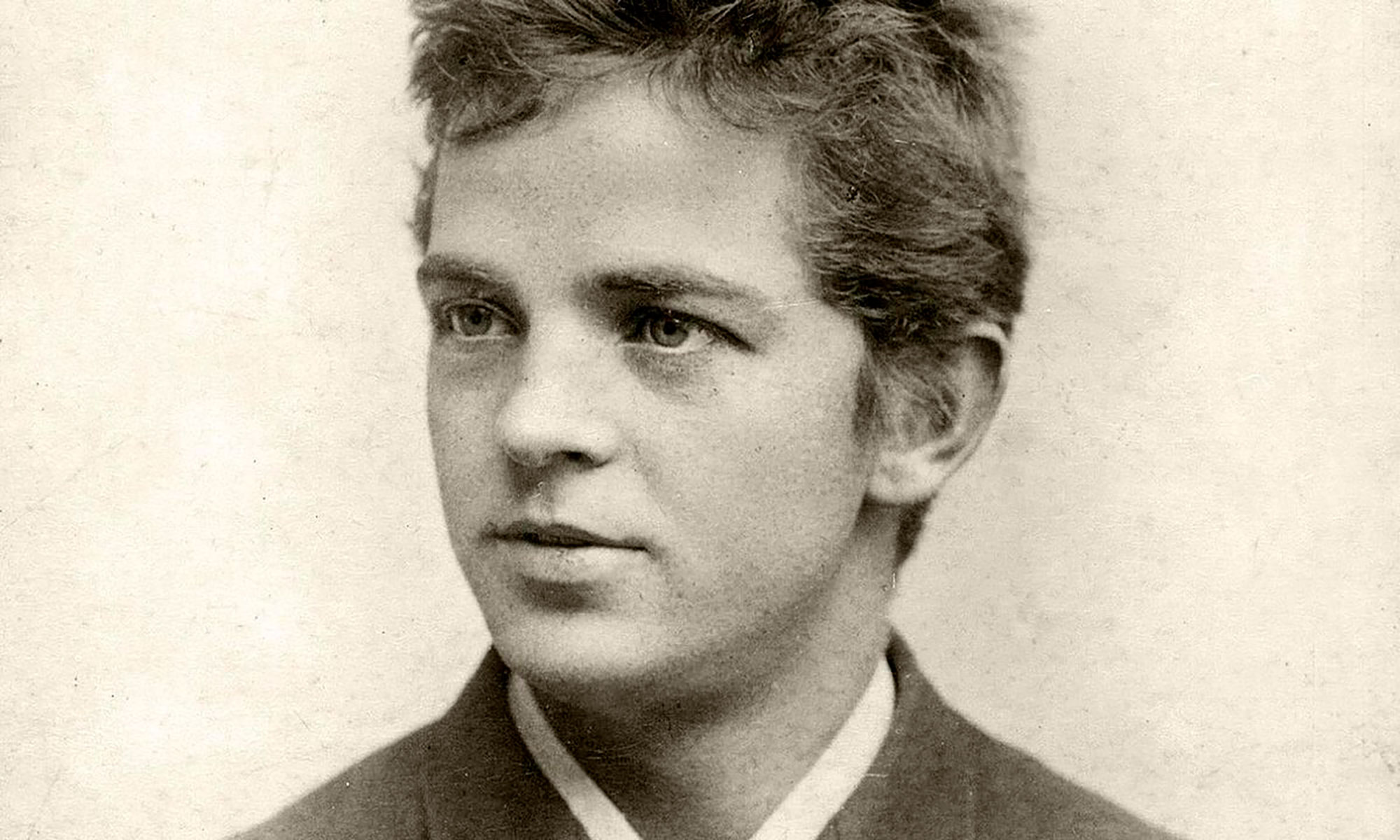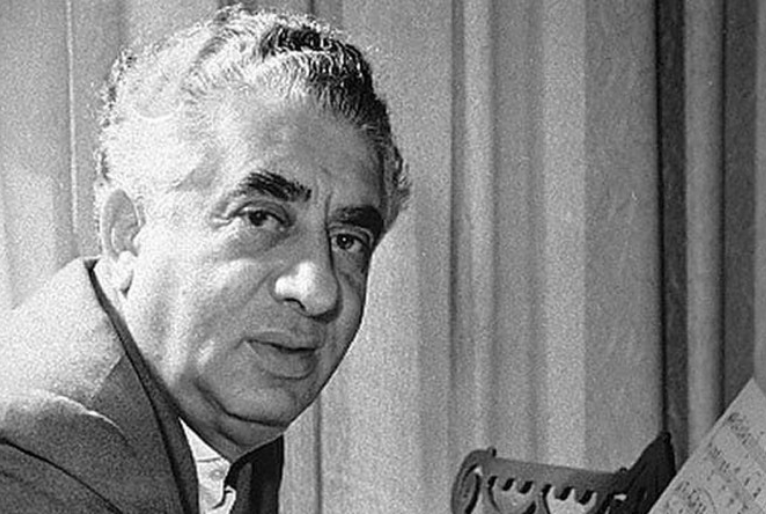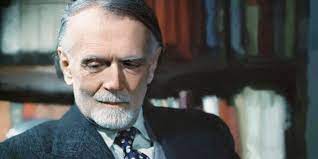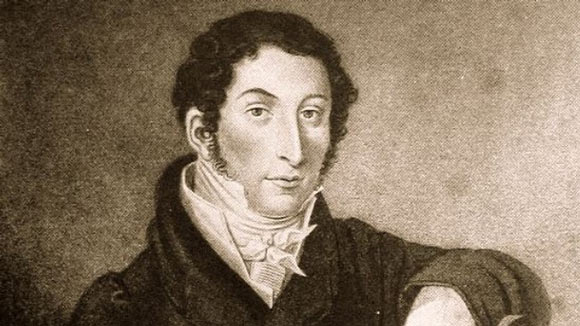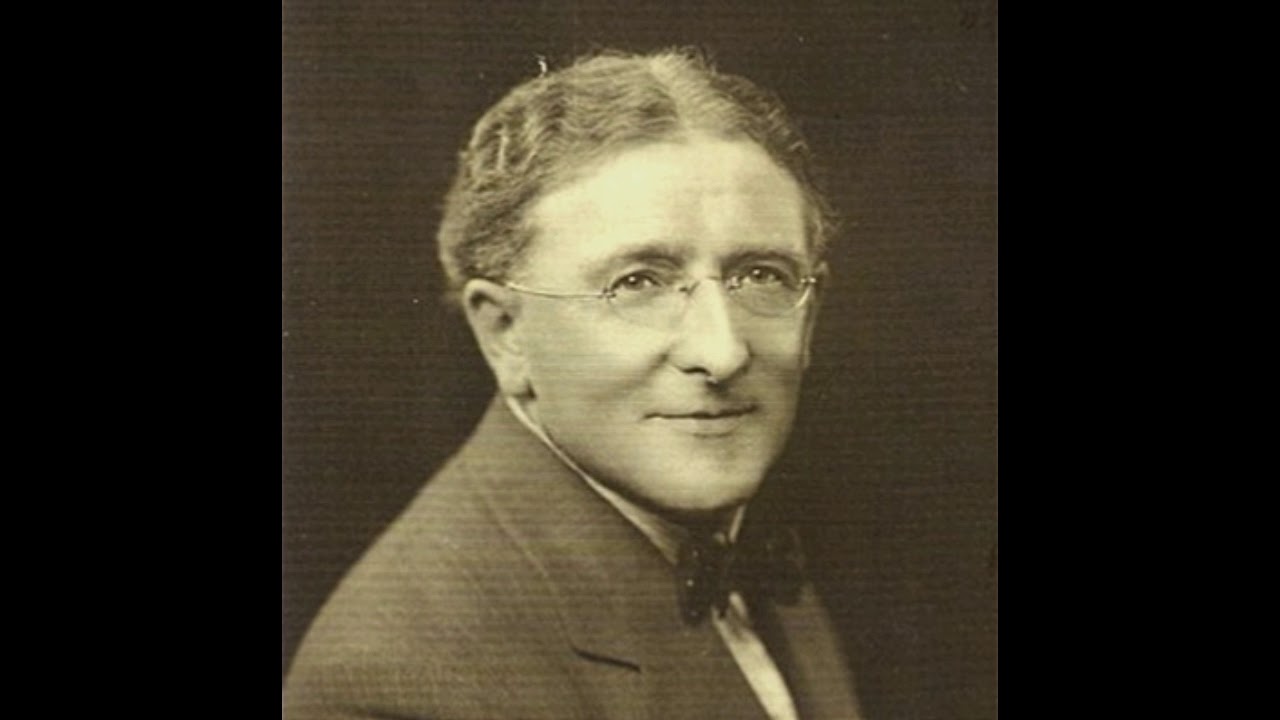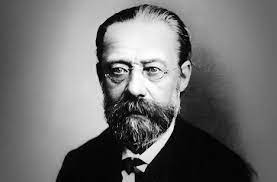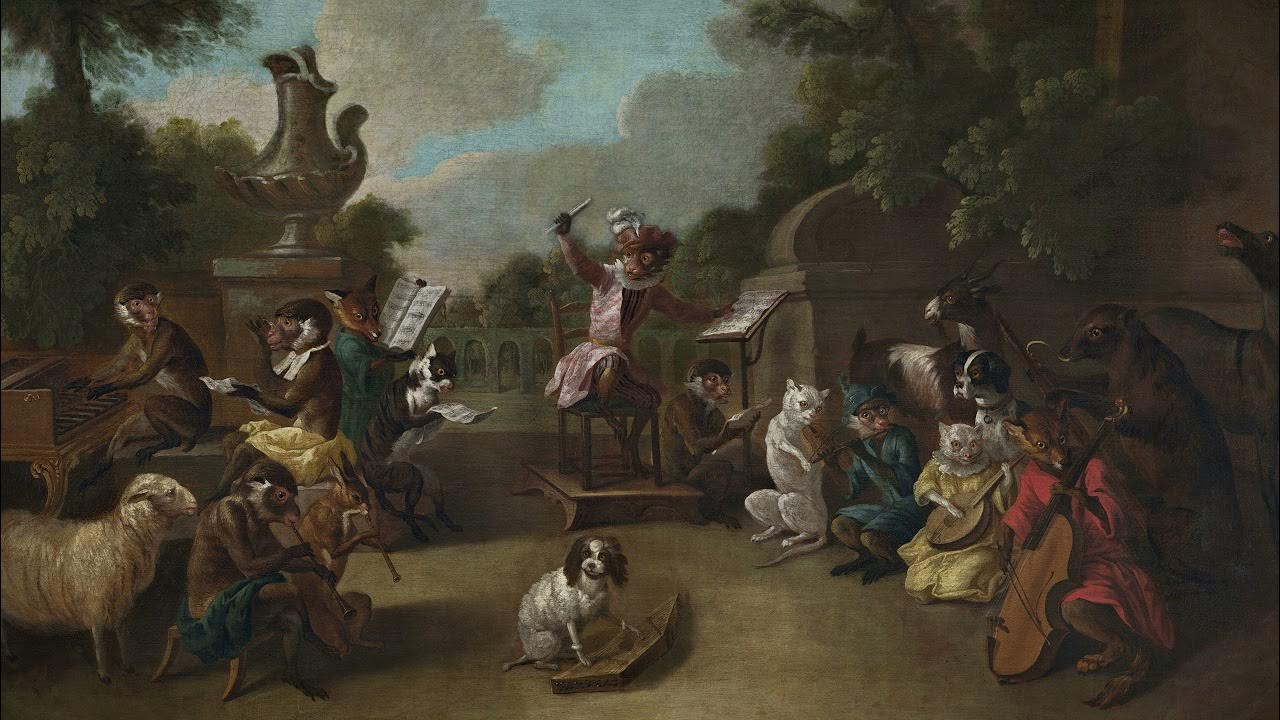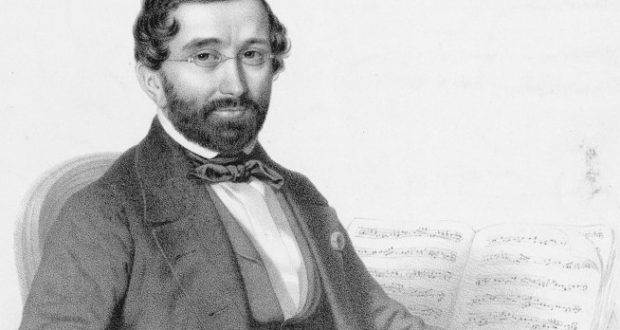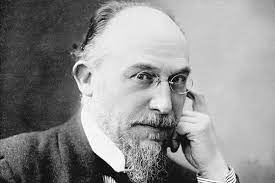Bohuslav Martinů stands as a luminary figure within the realm of 20th-century classical music, celebrated for his innovative compositions that blended elements of Czech folk music with modernist techniques. Born on December 8, 1890, in Polička, a small town in Bohemia, Martinů displayed an early aptitude for music. Despite financial constraints, his family supported his musical education, and at the age of six, he began studying violin and piano.
Martinů's journey as a composer took him through Prague, where he studied at the Prague Conservatory under Josef Suk and Vítězslav Novák. His early compositions reflected the influence of Czech folk music and the late Romantic tradition. However, his thirst for innovation led him to Paris in 1923, a move that proved pivotal in shaping his distinctive style.
Carl Nielsen, a luminary in the realm of classical music, left an indelible mark on the world with his innovative compositions and pioneering spirit. Born on June 9, 1865, in Norre Lyndelse, Denmark, Nielsen's journey from humble beginnings to becoming one of the most celebrated composers of his time is nothing short of inspiring.
From a young age, Nielsen displayed a remarkable aptitude for music. His innate talent was recognized early on, and he received his first violin lessons from his father, a musician in the local military band. Despite financial constraints, Nielsen's family encouraged his musical pursuits, fostering an environment conducive to his creative growth.
Aram Khachaturian, born on June 6, 1903, in Tiflis (now Tbilisi), Georgia, was a prominent Soviet-Armenian composer of the 20th century. Renowned for his rich and vibrant compositions, Khachaturian's music is characterized by its fusion of Armenian folk elements with classical and contemporary influences.
Khachaturian's early life was marked by the diverse cultural influences of the Caucasus region. Raised in a multicultural environment, he was exposed to the music, dance, and traditions of various ethnic groups, especially the vibrant sounds of Armenian folk music. This early exposure left an indelible mark on his artistic sensibilities.
Zoltán Kodály (1882–1967) stands as one of Hungary's most revered and influential composers, ethnomusicologists, and music educators of the 20th century. Born on December 16, 1882, in Kecskemét, Hungary, Kodály's life and work were deeply intertwined with his passion for Hungarian folk music and his dedication to music education.
Kodály's early exposure to music came from his family, particularly his mother, who played the piano and sang. He began his formal music education at the Budapest Academy of Music in 1900, studying composition with Hans Koessler. Kodály's interest in ethnomusicology was sparked during his travels through rural Hungary, where he collected and transcribed folk songs. This experience laid the foundation for his lifelong commitment to integrating folk music into classical compositions.
Carl Maria von Weber (1786–1826) was a German composer, conductor, and pianist who played a crucial role in the transition from the Classical to the Romantic era of Western classical music. Here are 10 interesting facts about this influential composer:
Weber showed prodigious musical talent from an early age. He began studying piano with his father at the age of six and later received lessons from prominent musicians like Michael Haydn and Abbé Vogler.
Albert William Ketèlbey (1875-1959) was a British composer and conductor whose prolific output of light orchestral music left an indelible mark on the musical landscape of the early 20th century. Born on August 9, 1875, in Birmingham, England, Ketèlbey displayed an early aptitude for music, mastering the piano and organ at a young age.
Ketèlbey's formal musical education began at Trinity College of Music in London, where he studied composition and conducting. His talent quickly garnered attention, and by the age of 23, he was appointed the conductor of the 80-member-strong Westminster Symphony Orchestra. This marked the beginning of his successful career as both a composer and conductor.
Angelo Ragazzi, born on March 15, 1978, in Florence, Italy, is a distinguished classical music composer renowned for his evocative and emotionally charged compositions. Raised in a musically inclined family, Ragazzi's early exposure to the rich artistic heritage of Italy deeply influenced his passion for music.
From a young age, Ragazzi displayed an extraordinary aptitude for various musical instruments, particularly the piano and violin. His formal training began at the renowned Conservatorio di Musica Luigi Cherubini in Florence, where he immersed himself in the study of classical composition and music theory. Under the guidance of esteemed mentors, Ragazzi's prodigious talent blossomed, and he quickly garnered recognition for his innovative approach to traditional musical forms.
Adolphe Adam (1803–1856) was a French composer and music critic best known for his contributions to the world of ballet and opera. Born on July 24, 1803, in Paris, France, Adam displayed an early aptitude for music, studying piano and composition at the Paris Conservatoire under the guidance of esteemed teachers such as François-Adrien Boieldieu.
Adam's career took a significant turn when he embraced the genre of ballet. In 1829, he achieved success with his ballet "La filleule des fées," which marked the beginning of his association with the renowned Paris Opéra. His talents in composing for the ballet genre flourished, and he went on to create numerous works, including "Giselle" (1841), one of his most famous and enduring compositions. "Giselle" is considered a masterpiece of Romantic ballet and has maintained its popularity over the years.
Erik Satie, born on May 17, 1866, in Honfleur, France, was a revolutionary figure in the world of classical music. His innovative compositions and unorthodox approach to music set him apart as a true maverick of his time.
Satie's early life was marked by a passion for music, and he began his formal musical education at the Paris Conservatoire at the age of 12. However, his rebellious spirit and disdain for traditional academic constraints soon led him to clash with his instructors, resulting in his departure from the conservatory.

